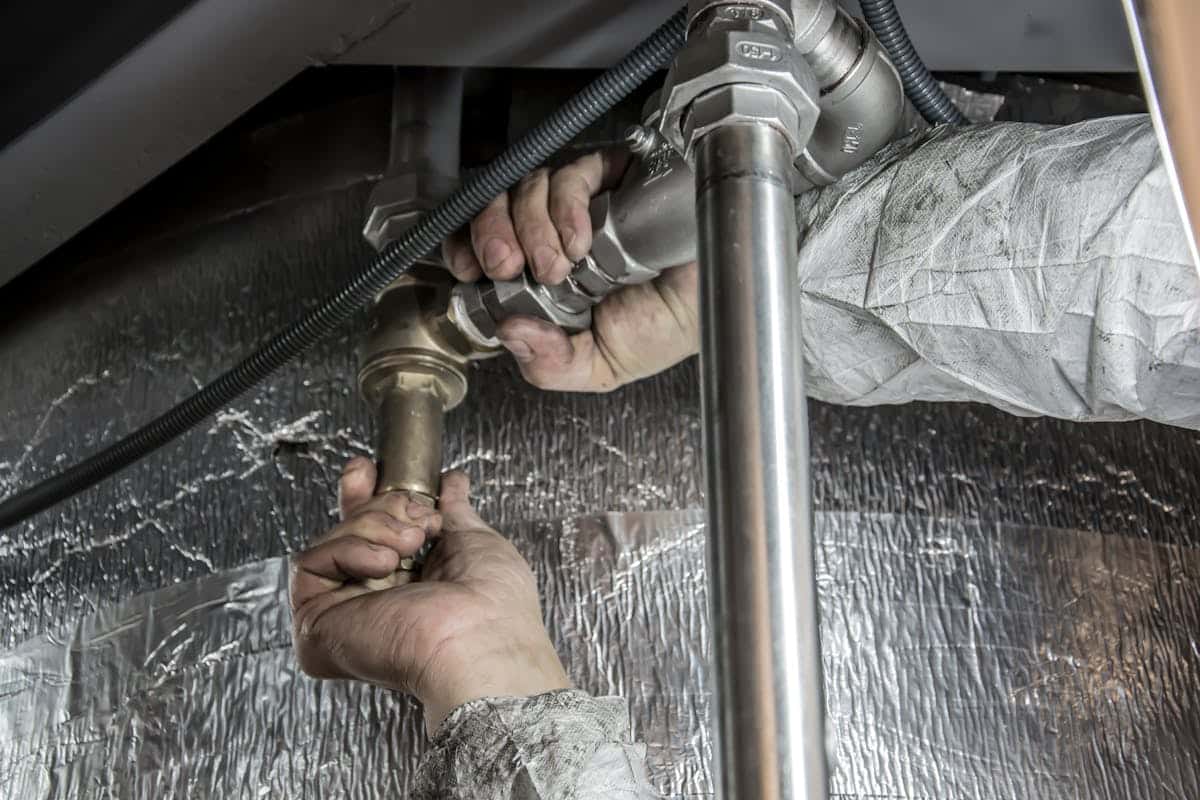Table of Contents
Having a water heater is convenient, especially during the cold season, making this system one of the essentials for many homes. However, a lot of homeowners don’t really think about their hot water system until something goes wrong, like when it leaks, bursts, or suddenly stops delivering hot water. In rare but serious cases, it can even lead to an explosion.
Such problems can emerge without warning, so it would be best to know how to handle this situation. These problems can be extremely troublesome and lead to major harm to you and your property. Getting assistance from a professional plumber Sutherland Shire is needed. An experienced plumber can provide reliable solutions and help you prevent future problems.
In this blog, we’ll cover what can cause a hot water system to burst and what you should do when it happens.
What Usually Causes a Hot Water System to Burst
- Age of the System: Hot water systems aren’t built to last forever. Most units last around 8 to 12 years, and once they’re past their prime, the risk of leaks or bursts increases significantly.
- Rust and Corrosion: Over time, the inside of the tank can start to rust, especially if the anode rod (which is designed to slow down corrosion) hasn’t been replaced. Once rust sets in, it weakens the tank walls and can eventually lead to a burst.
- High Water Pressure: If the pressure inside the tank gets too high, whether due to incorrect temperature settings or a faulty thermostat, the tank will not be able to handle it. That pressure build-up can cause the system to rupture.
- Sediment Build-Up: Minerals in the water can settle at the bottom of the tank, forming a layer of sediment. This makes the system work harder, leads to overheating, and can eventually damage the tank lining, increasing the chance of failure.
- Faulty or Worn-Out Valves: Valves like the temperature and pressure relief (TPR) valve play a key role in keeping the system safe. If they’re stuck or not working properly, pressure can build up with no way to escape, and that’s when things can go seriously wrong.
- Poor Maintenance: Skipping regular servicing or failing to flush the tank allows small problems to go unnoticed. Without proper maintenance, minor issues can lead to major failures, like leaks, bursts, or worse.
What to Do When the Water Heater Bursts
- Turn off the water supply: Locate the cold water shut-off valve on your hot water system (usually near the top of the unit) and turn it off to stop more water from flowing into the tank.
- Shut off the power or gas: If you have an electric system, switch off the circuit breaker at your switchboard. For gas systems, turn off the gas supply to prevent any risk of leaks or fire.
- Clean up any water: Use towels, a mop, or a wet vacuum to soak up standing water and minimise damage to floors and nearby areas.
- Call a licensed plumber: Get in touch with a professional plumber immediately to inspect the system and to give you the best advice for your situation.
- Inspect for water damage: Once things are under control, check for any damage to walls, flooring, or nearby electrical fittings. If needed, contact your home insurance provider.
Can Hot Water Systems Explode?
While it’s rare, hot water systems can explode, but it’s important to understand the difference between a burst and an explosion.
A burst happens when the tank or pipes suddenly rupture due to pressure, corrosion, or wear and tear. This does not involve any violent force.
An explosion, on the other hand, is much more serious and involves a rapid, violent release of pressure, accompanied by fire or a loud bang. Explosions usually occur when extreme pressure builds up inside the tank.
Thankfully, modern hot water systems are designed with multiple safety features to prevent explosions, making them very uncommon. But regular maintenance, like checking valves and pressure settings, is key to keeping your system safe.
Can a Water Heater Explode if Turned Off?
The good news is, a water heater is very unlikely to explode if it’s turned off. Most explosions happen because of overheating and pressure build-up, which require the system to be powered on and heat water. When the heater is off, the water inside simply cools down, and the pressure decreases naturally, so there’s no risk of the tank bursting or exploding from heat or pressure.
Conclusion
To summarise, understanding and identifying the key causes behind water heater problems is important. By recognising these factors, you can take the necessary preventative measures to avoid damage and keep your home safe.
Make sure your water heater is properly maintained and inspected regularly by professionals. If you suspect a problem, consult with a reliable plumber in Sydney who is available 24/7. They will provide prompt and trusted solutions to address your plumbing emergencies and give you peace of mind.


